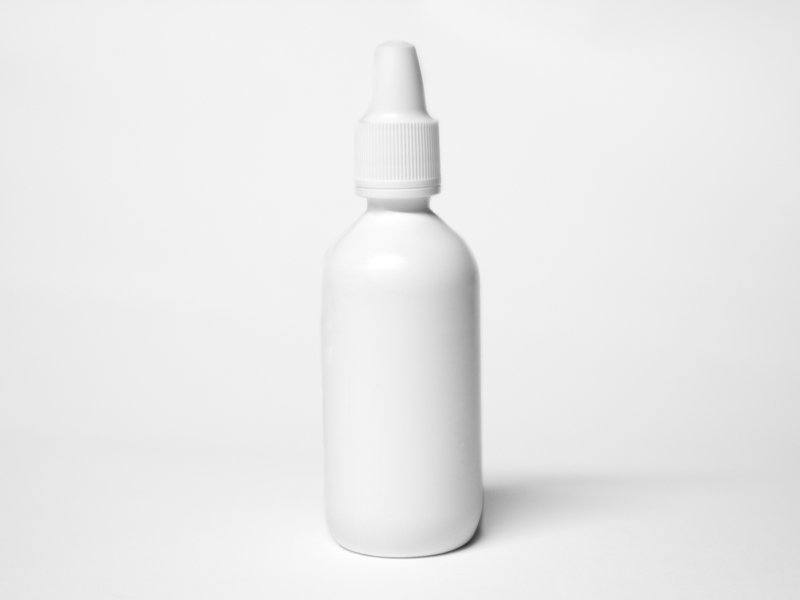GABA – a new potential therapeutic target for challenging behaviour
AUG 2019 – Can a GABA-modulating drug normalise the balance of neurotransmitters in the brain and improve behaviour in PWS?
GABA (gamma aminobutyric acid) is an amino acid acting as a brain neurotransmitter (chemical messenger.) GABA inhibits certain brain signals and decreases activity in the nervous system which results in a calming effect. When GABA attaches to a brain protein known as a GABA receptor, feelings of anxiety, stress and fear might be reduced, and seizures may be prevented.
Cause and genetic involvement in Autism Spectrum Disorder is complex and not yet understood, but some of the potentially involved genes can be found in the PWS region of chromosome 15, and in particular, the GABA receptor genes. People with depression have also been found to have reduced GABA levels. As a result of these findings, numerous studies aim to identify a GABA modulator that can normalise the altered GABA system in autism and depressive disorders. Similar studies are also being carried out in Angelman syndrome, Fragile X syndrome and Rett syndrome. So far there has been little interest from pharmaceutical companies in trialing GABA modulators in PWS, mainly because little is known about the GABA system in PWS.
However, in 2016, Dr. Lauren Rice and colleagues at the University of Sydney were able to show lower levels of GABA in the brains of individuals with PWS and they associated this with the emotional problems, temper outbursts and compulsive behaviours seen in PWS. They also discovered a correlation between GABA levels and the level of behaviour disturbance experienced by an individual. In a research project funded this year by FPWR, they now plan to see if they can restore the balance of the GABA system using a GABA-modulating drug (Acamprosate) and will test this using brain imaging and monitoring of behavioural changes.
It is hoped that if their work is successful, pharmaceutical companies will be encouraged to further investigate this new therapeutic target for PWS with other available GABA modulators.
Interestingly, Valproic acid / sodium valproate, sometimes used in PWS for mood stabilisation, restores the balance of neurotransmitters and increases GABA levels. Lithium also strengthens brain connectivity and possibly increases GABA levels. These are both anti-convulsant medications which are primarily used to treat epilepsy and bi-polar disorder.
Also of interest, DCCR is a drug currently in phase 3 trial for treating hyperphagia, but in addition to observing improvements in hyperphagia in the phase 2 trial, improvements in behaviours were also seen. DCCR is thought to affect leptin pathways and improve GABA signalling. CBD oil is also known to act on the GABA system and a CBD oral solution is being trialed in PWS for hyperphagia related behviour. CBD oil is becoming more frequently used for anxiety in countries where it can be purchased as a supplement and is available by prescription in New Zealand.
GABA is also present in a few foods and GABA supplements are available to purchase, but there is little evidence to date to suggest that these help with stabilising behaviour.

